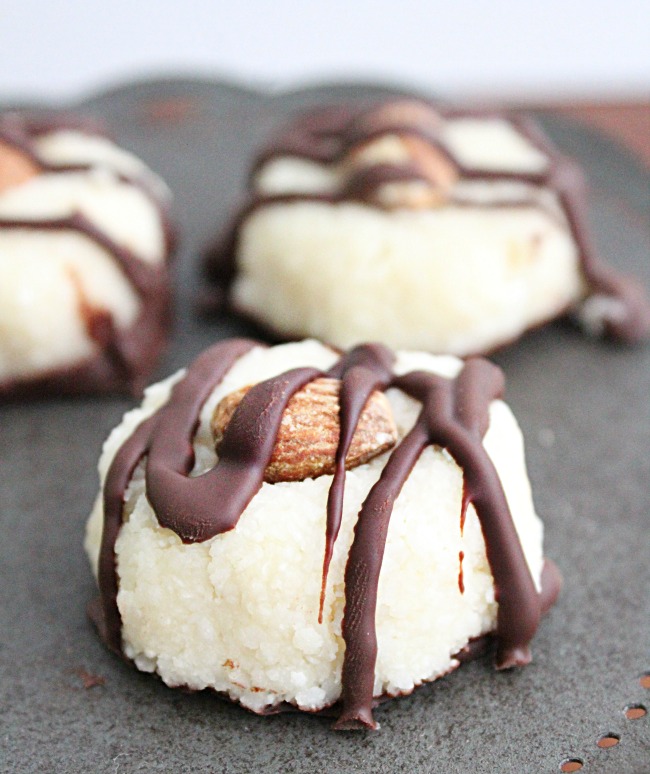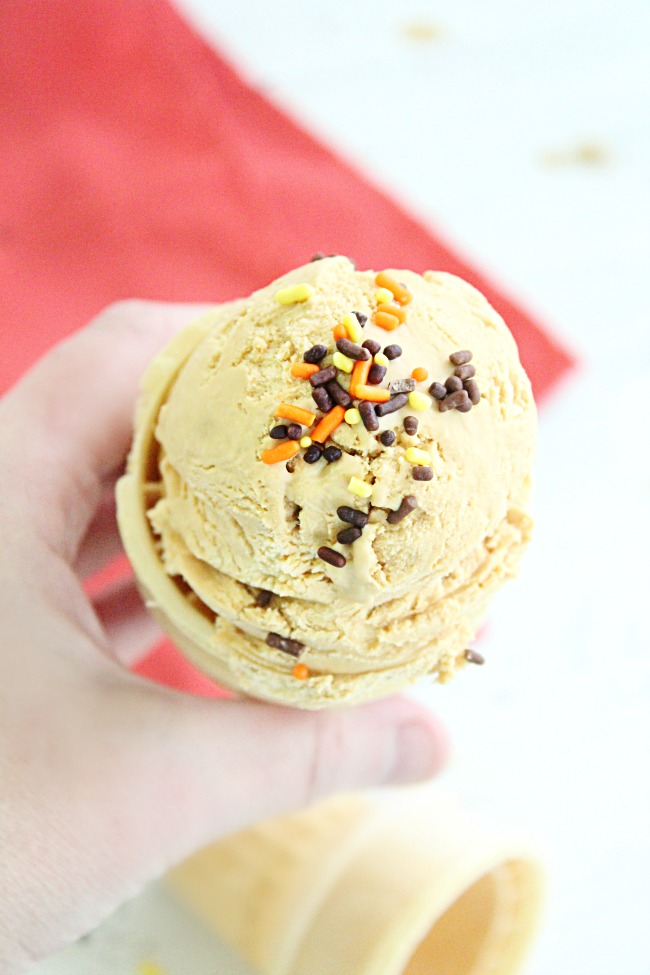Should You Keep Vodka In The Freezer Or Not? Here’s The Answer
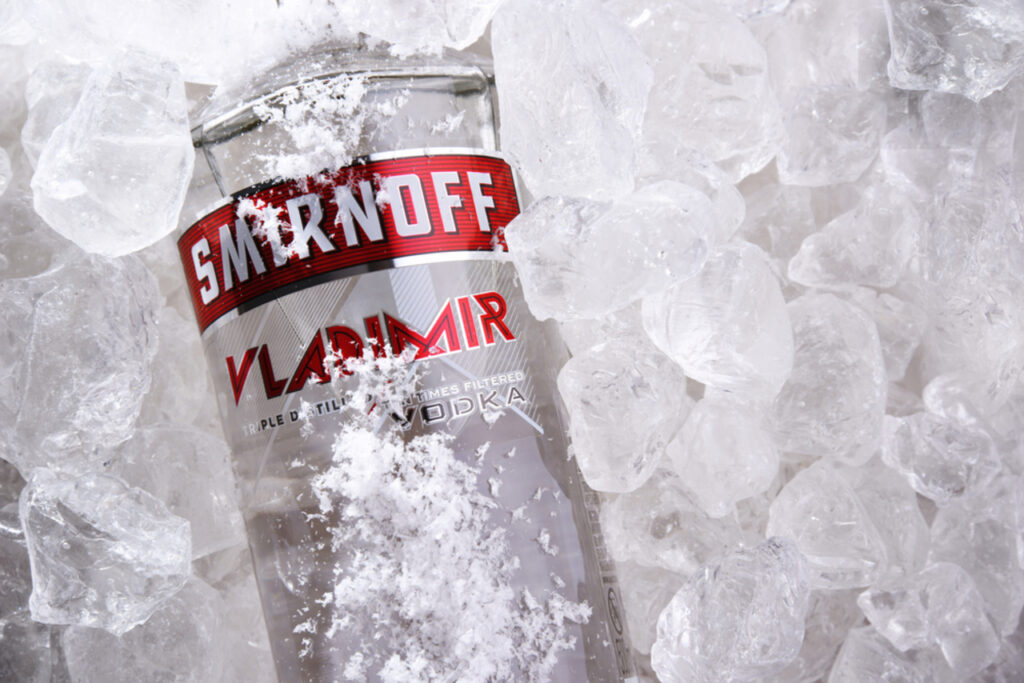
Vodka has a reputation for being the ultimate neutral spirit, smooth, versatile, and capable of being served chilled or in cocktails. Many enthusiasts automatically reach for the freezer, assuming a colder pour is always better. The truth is more nuanced.
While freezing vodka can create a silky mouthfeel and icy refreshment, it can also mute subtle aromas and alter the drinking experience. Knowing the science and consequences of freezing helps you enjoy each sip at its best.
Vodka’s Freezing Point Explained
Vodka behaves differently from water due to its alcohol content. Standard vodka, at 40% ABV, has a freezing point of around -27°C (-16.6°F). Most household freezers operate at roughly -18°C (0°F), meaning vodka won’t freeze solid under typical conditions. It can, however, become viscous or slightly slushy. This thickened texture can create a novel mouthfeel but may dull the spirit’s natural fluidity, affecting cocktails and straight pours.
Alcohol concentration is key. Lower-proof vodkas freeze at higher temperatures, while higher-proof spirits remain liquid longer. Understanding this ensures you don’t mistakenly assume frozen vodka indicates freshness or quality; it simply reflects its chemical makeup.
How Freezing Affects Flavor and Aroma
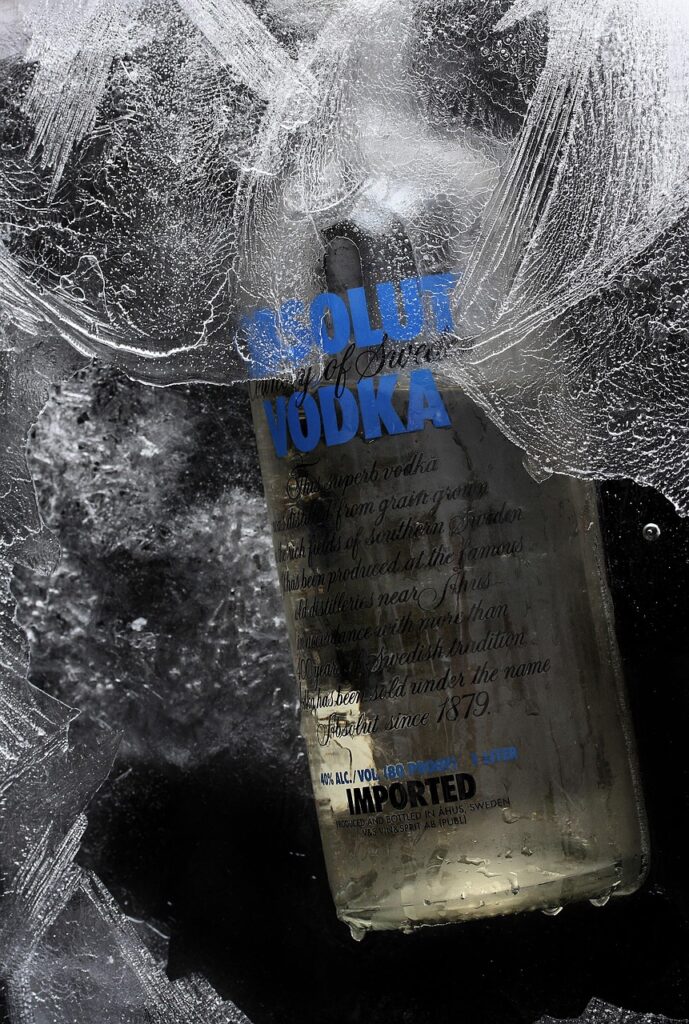
Cold temperatures influence both aroma and flavor perception. Freezing vodka can suppress volatile compounds, muting subtle floral, grainy, or herbal notes that make premium vodkas distinctive. For casual or budget spirits, this may not be noticeable and can even smooth out harsh ethanol edges, creating a more approachable sip.
However, cold also diminishes your ability to smell and taste complexity. Aroma drives flavor recognition, so a frozen pour may seem “neutral” even if the vodka contains intricate layers. Balancing chill with sensory enjoyment is essential, particularly for tastings or higher-end bottles.
When Freezing Works Well
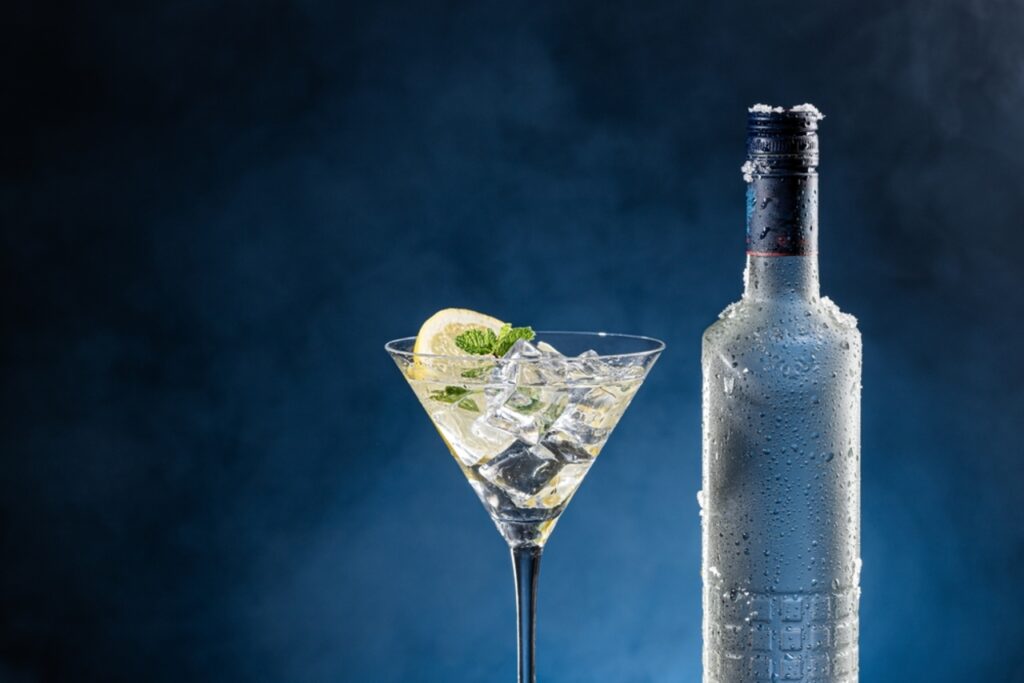
Freezing is most beneficial for casual drinking contexts. Mass-market or inexpensive vodkas often have sharper alcohol tones, and chilling them reduces the perception of burn. Shots served straight from the freezer feel softer on the palate, making them more enjoyable in social settings or parties. Similarly, frozen vodka works well in chilled cocktails where the spirit isn’t meant to be tasted on its own.
That said, freezing premium vodkas or those with subtle flavor profiles can backfire. Chilling may flatten delicate notes, robbing the spirit of character. The key is aligning the vodka type with the intended use: casual fun versus tasting experience.
Storing Flavored Vodkas
Flavored vodkas present unique challenges. Sugars, fruit extracts, or infusions may crystallize or separate when frozen, impacting both texture and taste. A frozen flavored vodka can form syrupy layers or sediment, altering the intended balance of flavors. Refrigeration is often the better choice, keeping the liquid cool while maintaining consistency.
For drinkers who want the chill without compromising flavor, lightly refrigerated flavored vodkas retain aroma and sweetness while staying refreshingly cold. Freezing may be a novelty for a few experimental shots, but regular use risks diminishing the quality.
Best Practices for Storing Vodka
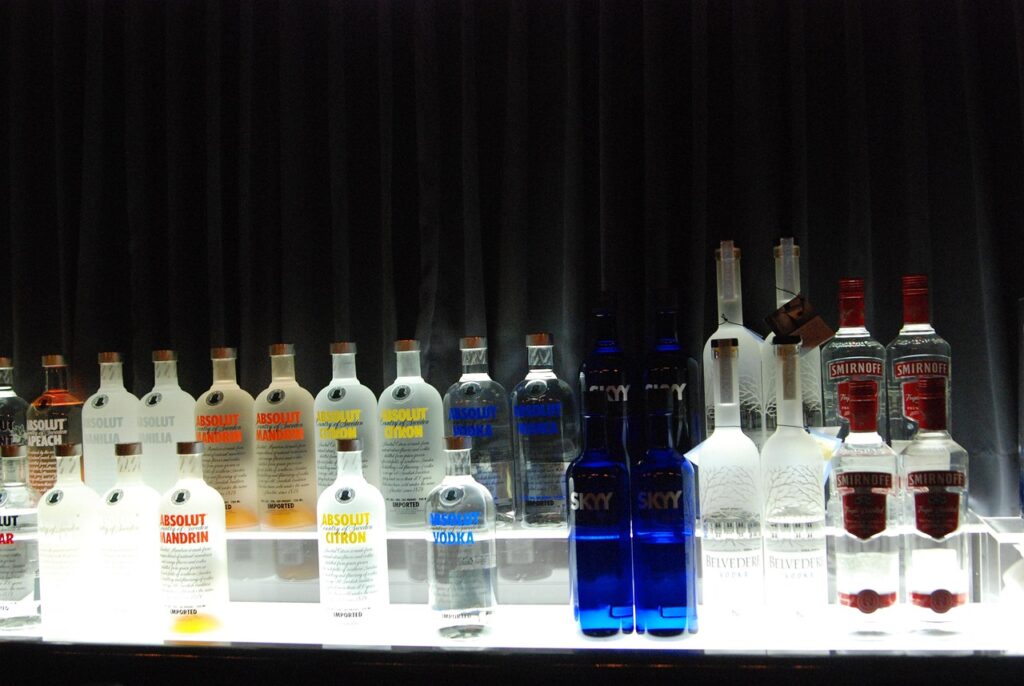
Proper storage is critical to maintaining vodka quality. Keep bottles away from heat, sunlight, and fluctuating temperatures. Cool, dark cabinets or wine fridges are ideal. Premium vodkas benefit from gentle chilling rather than freezing, preserving aromas and mouthfeel. Casual or budget vodkas can be stored in the freezer to deliver icy, smooth sips without noticeable flavor loss.
Other tips include ensuring the bottle is tightly sealed to prevent evaporation and oxidation. Filtering after occasional pouring and returning to cold storage helps maintain clarity and prevents unwanted chemical changes. Storage choices should reflect both the type of vodka and the drinking experience desired.
Conclusion
Freezing vodka is a matter of trade-offs. For inexpensive, high-proof spirits, it can smooth edges and add a satisfying chill. For premium or flavored vodkas, freezing risks muting aromas and altering texture.
Flavored vodkas are better stored in the refrigerator to preserve balance. By understanding vodka’s freezing point, chemical behavior, and the effects of cold on flavor, you can make informed decisions that let each sip deliver its intended character and enjoyment.
References
- Vodka In The Freezer? How To Properly Store Liquor At Home – wineenthusiast.com
- Does Vodka Freeze? Freezing Point of Vodka – sciencenotes.org
- Here’s Why You Shouldn’t Store Vodka In The Freezer – tastingtable.com


